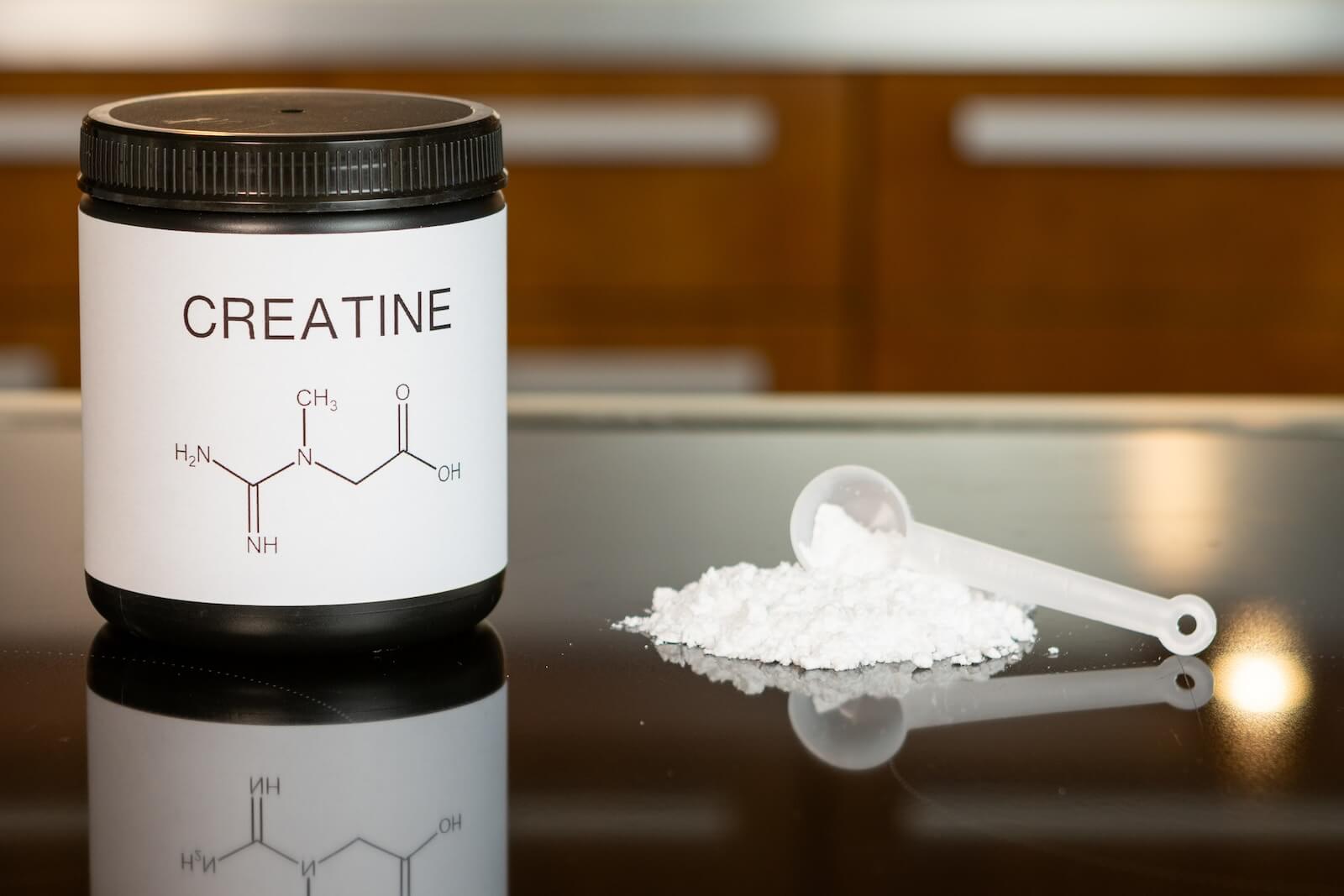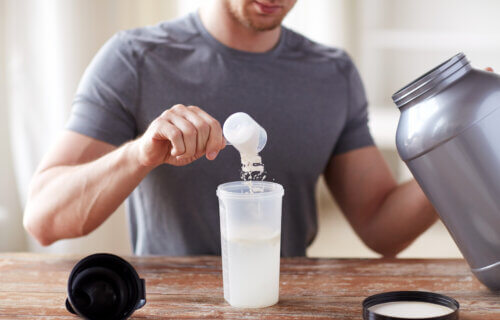JÜLICH, Germany — Could a cup of creatine in the morning do more to wake you up than coffee? A team from the German national research institution Forschungszentrum Jülich finds that a single high dose of creatine can temporarily improve cognitive performance after a night of poor sleep.
Creatine is a popular dietary supplement common in gyms and weight rooms the world over as a means of improving performance. However, scientists wanted to see if the workout supplement could also benefit the brain.
To conduct this research, published in Scientific Reports, the study authors gathered 15 participants and kept them awake all night. Over the course of their sleepless evening, everyone had to solve a series of cognitive tasks. Sleep deprivation is known to cause changes in brain metabolism that promote the cellular uptake of creatine. Before getting started, participants consumed a single, high dose of creatine – which is a key metabolic product found in food but also produced by the body itself.
Three hours after everyone took their creatine, researchers observed a positive effect on the brain metabolism and cognitive performance among the test participants. This effect reached its peak around four hours afterward and lasted for up to nine hours. More specifically, the research team recorded improvements in processing capacity and short-term memory.
“The results suggest that a single but high dose of creatine enhances thinking capacity and causes changes in the brain’s energy reserves during sleep deprivation,” says Dr. Ali Gordjinejad, the coordinator of the study from the Institute of Neuroscience and Medicine (INM-2) at Forschungszentrum Jülich, in a media release.

Earlier studies have also noted improvements in cognitive performance following a long creatine diet. The substance appears to counteract the metabolic changes caused by sleep deprivation. Those earlier findings inspired the Jülich researchers to consider creatine a potential candidate for this study.
Since neuronal cells of the central nervous system can only absorb creatine to a small extent, up until now, it hasn’t been possible to prove the short-term effects that this new study observed. Normally, neuronal cells cover their needs largely through their own synthesis. Only placing the brain in a “stressed” state, like not sleeping all night, led to the increased uptake of creatine in the cells.
“For the time being, however, it is not advisable for people to take such a high dose of creatine at home, as high doses of the substance put a heavy strain on the kidneys and can cause health risks,” Dr. Gordjinejad concludes. “However, if future studies show an increase in cognitive performance at lower doses, creatine might become a serious competitor to coffee during long working nights.”
